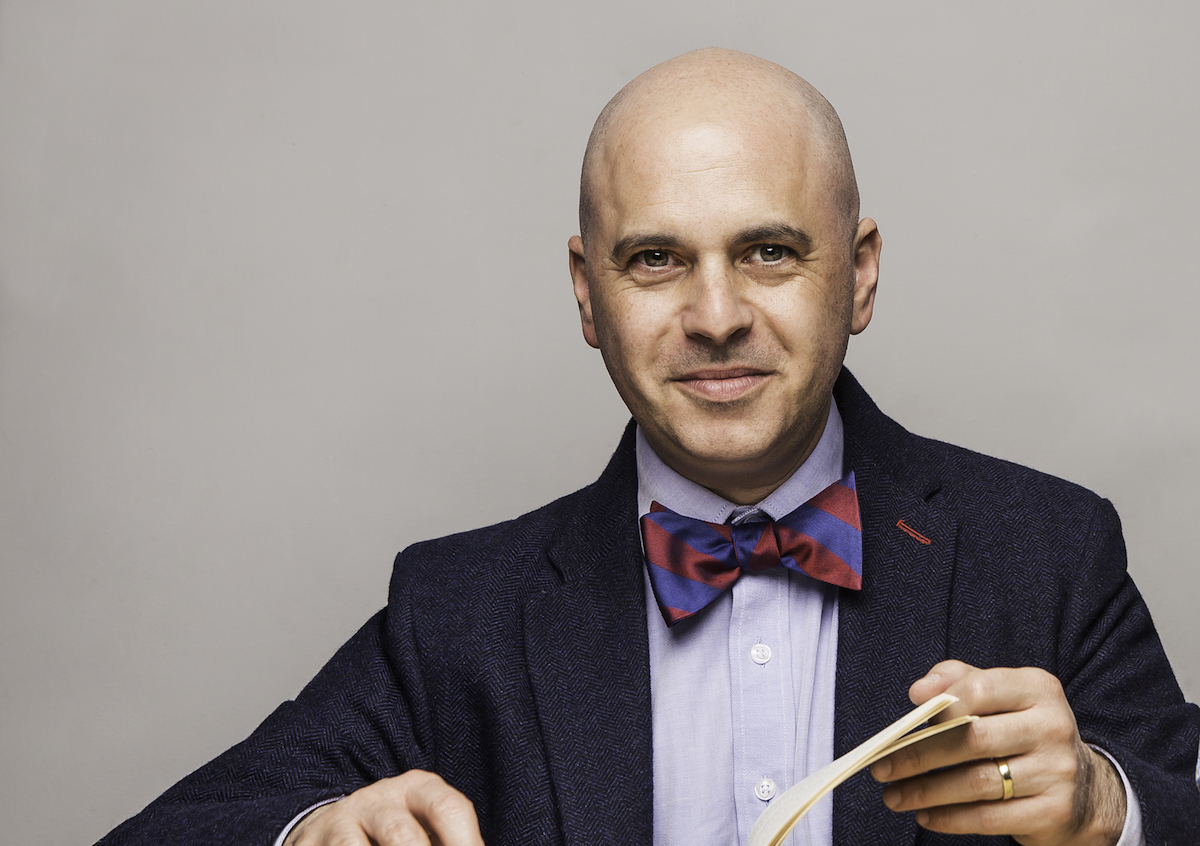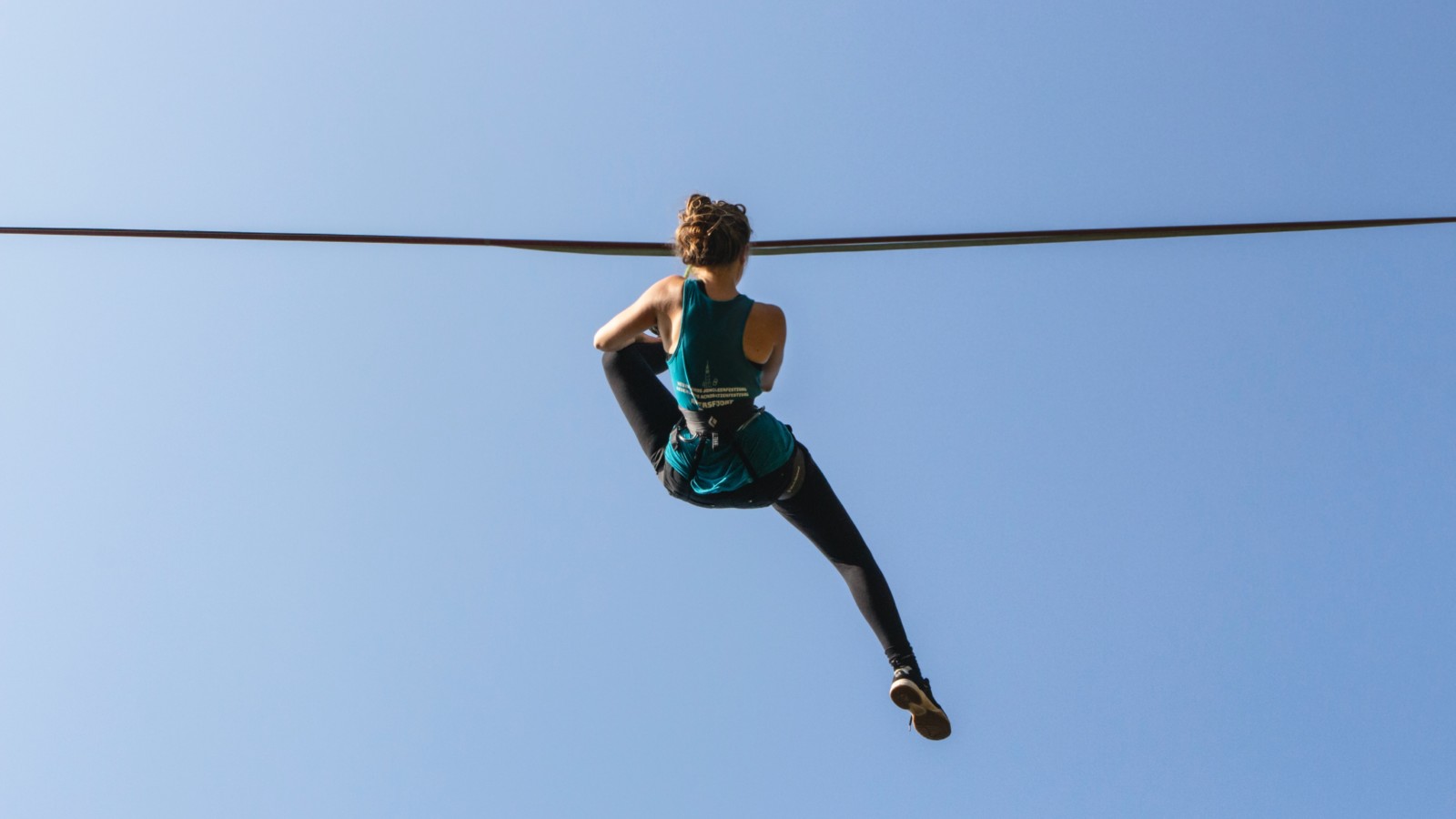“Surviving,” she said.
In an advanced level English class for Spanish speakers, I was discussing some of the idioms that have to do with overcoming difficulties; expressions like: “Think out of the box,” “Blue sky thinking,” “ Raising the bar,” and so forth; hence, it was an obvious choice to ask my students how they were going to “push the envelope” this year.
“Surviving,” she said.
As a language coach, I regularly teach “Idioms” in my advanced English class. Idioms are those expressions that are inherent in a language, examples such as “piece of cake,” “if pigs could fly,” even “mi casa su casa” count as such. According to the Common European Framework for Languages, the use of colloquial expressions is one of the indicators that determine the difference between an intermediate and an advanced student in a language. Advanced students will use colloquial expressions, which means they’ve surpassed the challenge of seeing a language as only words and sentences that convey information and start understanding it as a means of sharing a culture.
“You must be joking, “ I said.
( Please note that enjoying a culture’s humor is the maximum achievement in language learning.)
But, I felt it was no joke. 2020 was the year that changed everything for us. It challenged our sense of immortality and progress by confining us to our homes and made us afraid of the invisible. Simultaneously, it accelerated technological and social processes that would have taken years to occur.
For instance, I had been trying for a long time to get my students to take their classes online, and nowadays, face-to-face classes are not an option. All of our courses are via an online platform like Zoom. Both teachers and students have discovered that an online class saves them from moving around a traffic-infested city and allows them to do more in class because they have more energy. One teacher did confess it was the grind he missed the most. “I love reading in public transportation,” he said, “I don’t mind going back and forth as long as I have contact with people, the students, and the city.”
I admit it took a bit to get used to the change in reality, but I’m happy with some of what we have now. Limiting my movements means I get a lot more done: I get to read, study, research, and write. I created five online courses to learn English in 2020, including recording more than 1200 lessons and uploading them to an LMS, with exercises, quizzes, and whatnot. Yes, I have been blessed with the health and peace of mind to do all of this.
But others have not been that lucky. As the second wave of lockdowns hit Europe and Latin America by the time of Christmas, it hit with a vengeance. I know, either personally or by 2 degrees of separation, at least three people that have died or been taken to an ICU every week. Yes, one can discuss if Covid can be compared to other diseases and statistically argue about the lockdown’s effectiveness. “It’s not the Ebola virus,” some people say, “We don’t see people dying on the streets or walking like Zombies.” However, the way I feel today, this is real, and it’s war. And if it’s war, then surviving does ring a bell.
So “How are you going to push the envelope in 2021”? What changes would you want to bring to your life to improve it? Would your resolutions affect only you, or would you be striving to help others as well?
I hope I can do more than survive.


